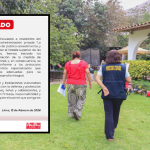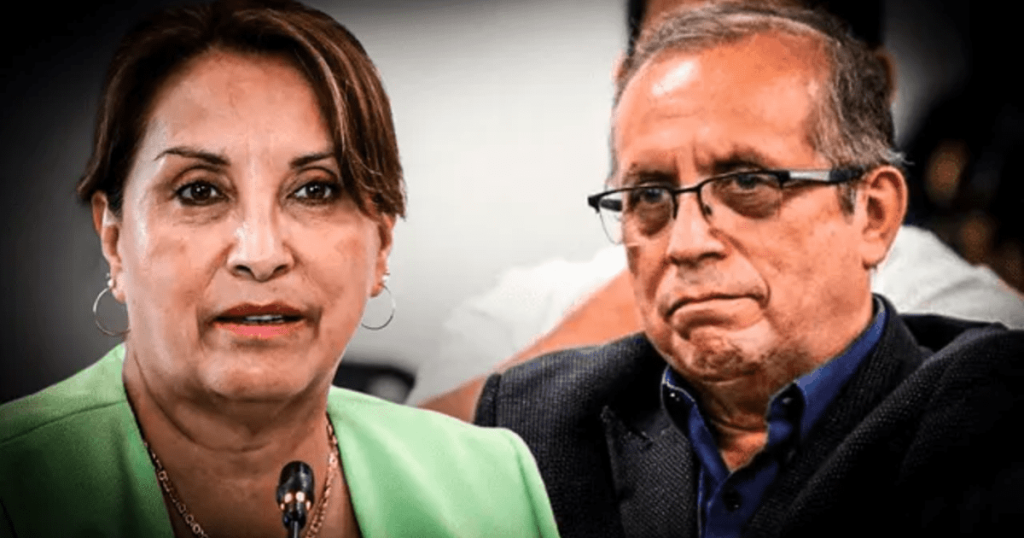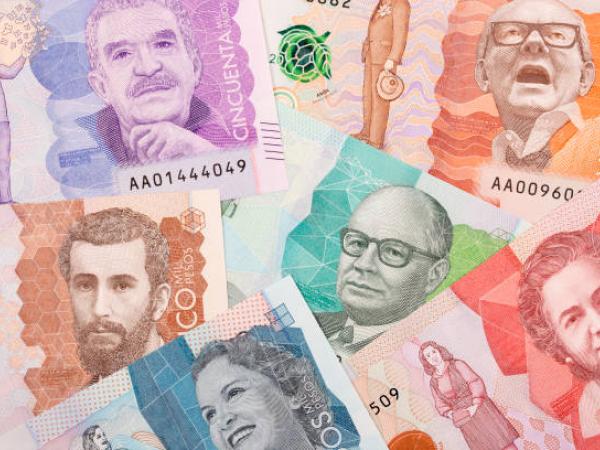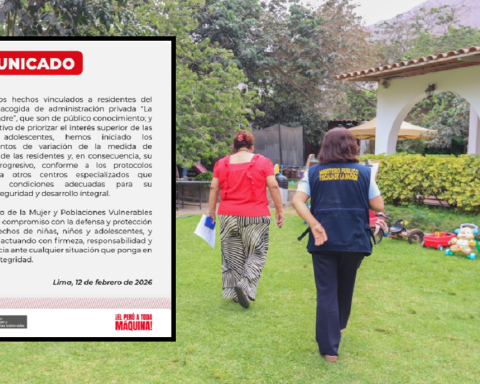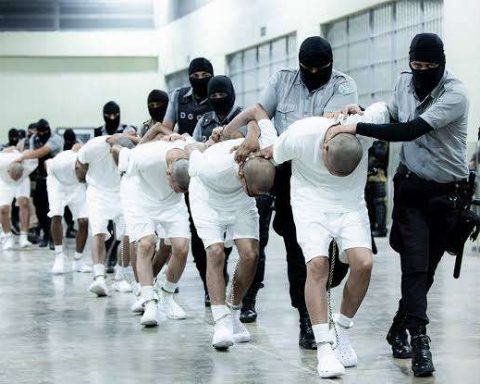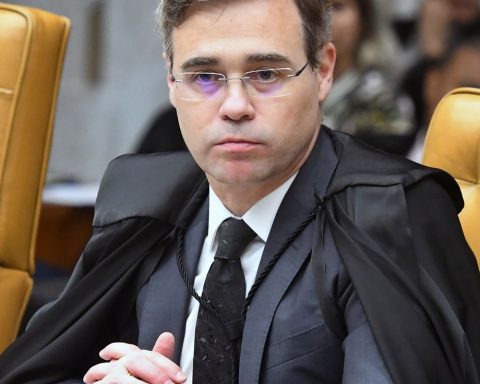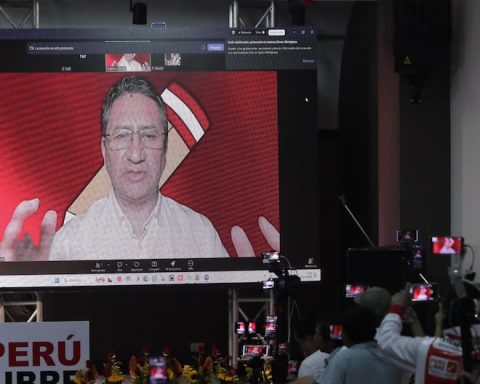Gustavo Castillo García
La Jornada Newspaper
Saturday, November 23, 2024, p. 3
In a private session last Thursday, the plenary session of the Supreme Court of Justice of the Nation (SCJN) approved that the ministers who presented their resignation and declined to participate in the election by popular vote They will receive a retirement benefit calculated based on their salary for this year and not with what will correspond to 2025 and to which some significant benefits were cut, such as hazard pay.
which means that they would receive 12.8 percent fewer resources, reported Minister Lenia Batres Guadarrama.
Documents from the SCJN state that in 2024, each minister is assigned a tabular salary of 297,403 pesos, and according to the project – of which he has a copy The Day– presented by the general secretary of agreements of the highest court, Rafael Coello Cetina, approved by the plenary session, each minister will receive a monthly pension a percentage equivalent to the time he has been in office. Thus, Minister Jorge Mario Pardo will receive 96 percent; Alfredo Gutiérrez Ortiz Mena and Alberto Pérez Dayán, 85 percent; Javier Laynez and Norma Lucía Piña, 64.83; Juan Luis González Alcántara, 44.65, and Ana Margarita Ríos Farjat, 38.26.
The agreement for the retirement of the ministers who will not participate in the process defines that the assets of each of the seven who resigned (since Luis María Aguilar ends his term on November 30) currently consists of base salary, bonus, life insurance and major medical expenses, risk pay, vacation bonus, having three public servants assigned to each one, reimbursement for the purchase of medications and the option to purchase the vehicles assigned to them. This year, these concepts have a monthly cost of 389,265 pesos, according to financial records of the Court.
Likewise, it was rejected that the asset be delivered in full, without respecting the provisions of the Organic Law of the Federal Judicial Power, which states that it must be 100 percent during the first two years immediately after the date of withdrawal, but then it will be reduced to 80 percent.
The decision was approved by a majority, with Batres Guadarrama voting against, who, according to judicial officials, questioned the speed given to this procedure.





